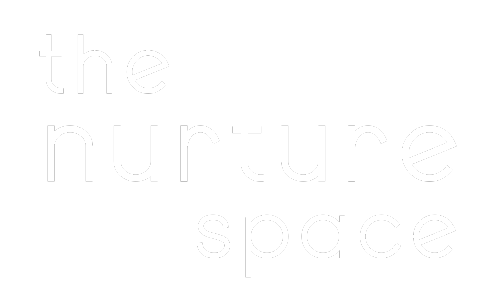Naturopathic Approaches to Stress Management and Anxiety
In today's fast-paced world, stress and anxiety have become prevalent issues, affecting millions of individuals globally. The complexity of modern life, with its myriad demands and challenges, often leads to overwhelming feelings of anxiety and stress, impacting overall mental health and well-being.
As society grapples with these issues, the importance of holistic approaches in mental health care has never been more apparent. This article delves into naturopathic medicine, a branch of medicine that combines traditional practices with modern science to offer natural, comprehensive solutions for managing stress and anxiety.
At The Nurture Space, Niki Gelekis specialise in naturopathic medicine and offers tailored treatments for stress and anxiety. Our holistic approach focuses on identifying and addressing the root causes of these conditions, empowering you to achieve lasting well-being.
The Importance of Holistic Approaches in Mental Health Care
Holistic approaches to mental health care emphasise treating the individual as a whole, considering physical, emotional, and spiritual well-being. This perspective is crucial because it recognises that mental health is intricately linked to overall health and that factors such as diet, lifestyle, and environmental influences can significantly impact mental well-being. Holistic methods, including naturopathic medicine, offer personalised care strategies that address the root causes of stress and anxiety rather than merely managing symptoms.
Naturopathic Medicine and Its Principles
Naturopathic medicine is an alternative medicine that promotes healing and prevents disease through natural remedies and therapies. Its core principles include the healing power of nature, identifying and treating the causes of illness, and educating patients to achieve and maintain health. Naturopathy offers a unique approach to managing stress and anxiety by integrating herbal medicine, nutritional counselling, lifestyle changes, and other natural therapies.
Integrating Naturopathic Care with Conventional Medicine

Collaborative Care Models for Anxiety and Depression
Collaborative care models that integrate naturopathic and conventional medicine offer a comprehensive approach to treating anxiety and depression. These models facilitate communication between healthcare providers, ensuring complementary and holistic treatments. Patients benefit from a broad spectrum of care options, from pharmaceuticals to natural remedies tailored to their needs. This integrative approach supports the best possible outcomes, combining the strengths of each discipline to address the multifaceted nature of anxiety and depression.
Practical Tips for Incorporating Naturopathic Practices
Integrating naturopathic practices into daily routines can significantly enhance stress management. Starting the day with meditation or yoga can set a positive tone, reducing cortisol levels and improving mental clarity. Incorporating regular breaks for deep breathing or a short walk during the day can help manage stress levels. Ensuring a consistent sleep schedule that includes relaxation before bed can also support a restful night, which is critical for stress management.
Challenges and Considerations
While naturopathic remedies are often considered safe, they can have adverse effects and interact with prescription medications. For example, St. John's Wort, commonly used for depression, can interfere with the effectiveness of birth control pills and other drugs.

Conclusion
The journey through naturopathic approaches to managing stress and anxiety illuminates a path of healing and well-being that respects the body's natural wisdom and capacity for self-regulation and healing. As we've explored, naturopathic medicine offers a rich tapestry of treatments, from herbal medicine and dietary recommendations to lifestyle modifications and behavioural interventions, each tailored to the individual's unique needs and circumstances.
The core of naturopathic medicine lies in its holistic approach, recognising the interconnectedness of the mind, body, and spirit. This perspective not only seeks to alleviate symptoms of anxiety and stress but also addresses the root causes, fostering deep, lasting healing. Contact us today to schedule a consultation and discover the transformative power of naturopathic care.
Frequently Asked Questions
Is Naturopathic Treatment Effective for Everyone?
Many find that naturopathic treatments relieve symptoms. However, their effectiveness can vary depending on individual factors such as symptom severity, lifestyle choices, and personal health beliefs.
Are There Any Risks Associated with Naturopathic Treatment?
Naturopathy can be risky, mainly if a qualified practitioner does not administer it. Misusing it alongside other medications increases those risks even further.
What Should I Expect During My First Visit to a Naturopath?
When you see a naturopath for the first time, you'll be evaluated. This process will allow them to learn your health profile. That means asking about your medical history, current symptoms, lifestyle habits, and any previous treatments you've tried.
Why Choose Naturopathic Treatment for Anxiety?
Naturopathic treatment is more personalised, considering individual differences in lifestyle, genetics, and environmental exposure.
How Long Does It Take to See Results?
The time to expect results from naturopathic treatments varies widely between patients. There are important factors, like how well patients stick to treatment, their lifestyle transformations, and their individual health challenges.



